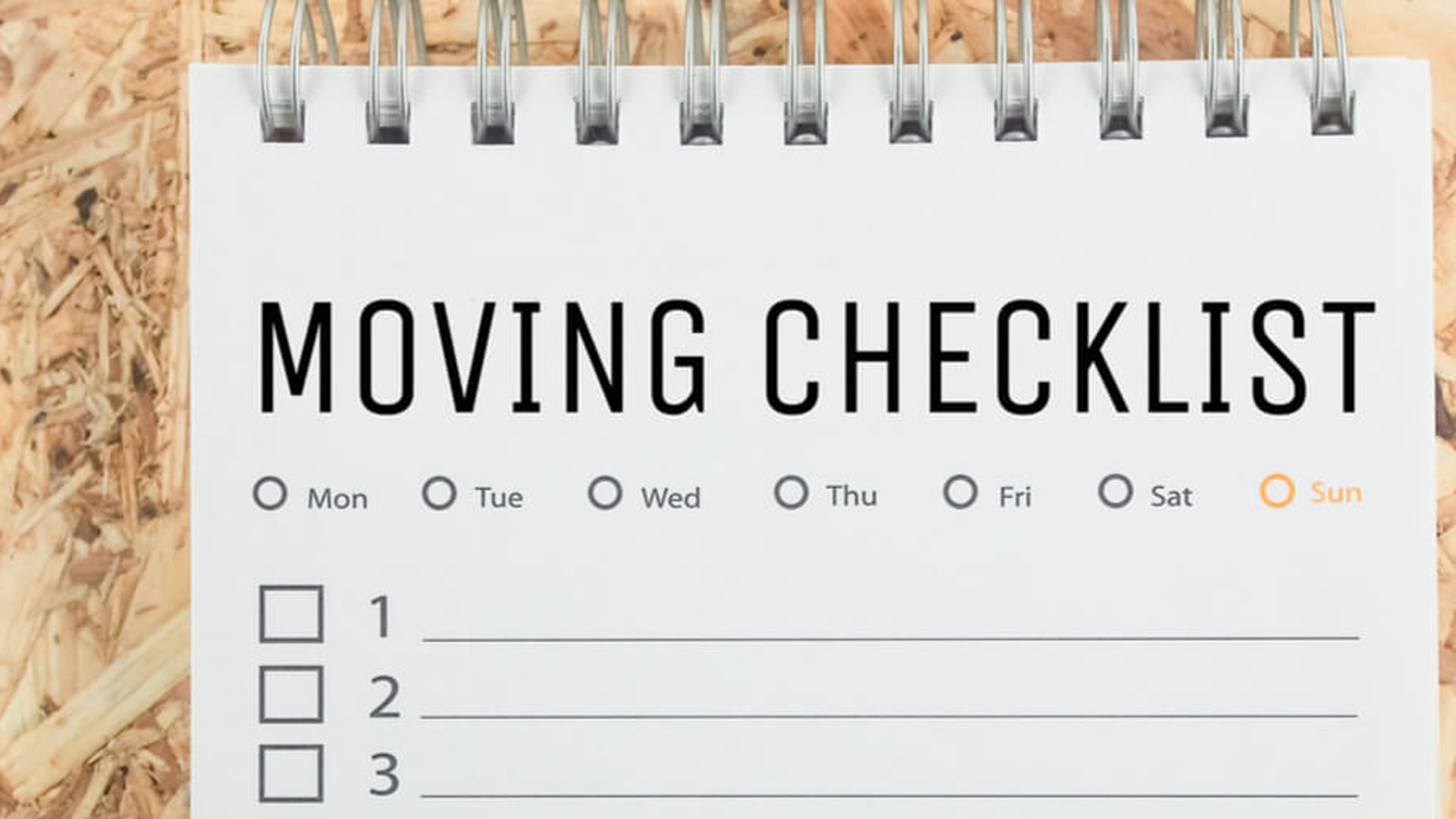
Expat checklist for moving abroad
Posted on: 5th February 2020 in
Expats
Are you getting ready to embark on a new career overseas?
Maybe this is your first time working abroad. If so, you might want to check out our checklist for moving abroad.
Starting a new life in another country can seem daunting – after all, there is a lot to think about.
What you need to prepare and be aware of as an expat will largely depend on the location you move to. Different countries have different laws and the benefits they offer to foreign workers will differ.
To get you thinking about what you need to consider as a soon-to-be expat, have a read through our checklist for moving abroad.
Tax – clearing up the confusion
The common misconception is that when you leave the UK, you’re exempt from UK tax. The truth is when it comes to tax, things are not so black and white. In all fairness, tax generally isn’t a field which screams simplicity – so you’d be forgiven for getting some things mixed up. Don’t worry, though – that’s why we’re here.
In a nutshell, your ‘tax residency’ will determine your liability for UK income tax.
What this means is that if you are a UK resident for tax purposes, you pay tax on your income. If you are classed as a non-UK resident for tax purposes, you will not be taxed in the UK, but rather only in the country in which you work.
The simple act of leaving the UK to work abroad doesn’t automatically make you a non-resident for the purpose of tax.
For more information on tax residency and understanding your residency status, you can visit the UK government website. It contains some useful information which you can use as a point of reference when needed.
Nevertheless, your tax status and individual circumstances can make tax a tricky topic. Luckily for you, this is something which thousands of UK expats have received advice on from Holborn’s team of highly-qualified advisers.
If you are unsure, don’t shy away from seeking professional advice.
Pensions
If you’re thinking of retiring abroad, your retirement fund is something you will need to consider. Specifically, transferring an existing UK pension.
This is where a Qualified Recognised Overseas Pension Scheme (QROPS) comes in.
A QROPS is a type of pension scheme that meets specific requirements set out by HMRC. A QROPS lets you transfer your existing UK pension into it.
There are several benefits of a QROPS, including having your pension paid in the local currency. This means that you don’t lose out due to exchange rates. A QROPS also lets you consolidate multiple pensions into one manageable pot.
It’s worth noting that while a QROPS has tax advantages, there can be a cost to set one up.
Your UK State Pension is another matter worth examining when moving abroad
If you are considered a non-UK resident for tax purposes, you won’t automatically be paying National Insurance (NI). Gaps and shortfalls in NI could directly impact your State Pension eligibility or the amount you receive.
You can check your NI record and make voluntary contributions by visiting the UK government website.

You need to consider your UK pension as an expat
Estate planning
Before moving abroad, it’s always a good idea to get accustomed to the local laws. One area where expats can fall foul is estate planning.
It can be easy to put off making a will. After all, thinking about your own mortality isn’t the most exciting way to spend your day.
Writing a will has several benefits. Having control over who gets your assets when you’re gone is probably the most obvious. There are benefits to having a will which is specific to expats.
Different countries have different rules around tax and what happens to your estate when you die.
In the UAE, for instance, the law of inheritance is very different to the UK. This means if you don’t have a will in place, your estate wouldn’t be treated the same way it would in the UK.
It isn’t just your estate; the law also extends to the guardianship of children who are still considered minors.
Even if you have a will in the UK, there is a chance that it might not be valid in another country.
For instance, UK wills are not recognised under UAE law, which means that you would need to ensure that your will is UAE-compliant. Speaking with a locally-based financial adviser would go a long way towards putting any concerns to rest, leaving the complex matters to professionals.
Health care and insurance
Make sure you know which medical benefits are available to you in the country you move to.
If you are moving to another European country, you may have access to the same medical care as the local citizens. It is worth noting that Brexit is likely to affect your access to medical care and other benefits in the long-term.
Now that the UK has left the EU, a transitional period will inevitably follow. This means that access to medical care shouldn’t change until December 2020 at the earliest. What happens after that is still unclear.
For those moving further afield, a friendly piece of advice would be to remain mindful of the fact that medical care abroad can be extremely costly.
In the UAE, medical bills can cost a small fortune. Having the right medical insurance should you need it, is crucial.
Critical illness cover is advisable for more severe conditions that medical insurance doesn’t cover. Hopefully, you will never need it, but having the right cover will give you peace of mind.
Be prepared for an emergency
Having an emergency fund is one of the fundamentals of financial planning. It’s arguably more important to have an emergency fund as an expat since you’ll be away from home without direct access to a proverbial safety net on which to fall.
As the name implies, this is money that you set aside that you will only be used for emergencies. Think of your emergency fund as a fire alarm – you should only break the glass in case of an emergency.
You might dip into your emergency fund if you lost your job, or if you needed to pay out for emergency repairs to your house.
It is usually recommended that you have between three and six months of your income set aside for your emergency fund.

Remember to plan for an emergency
Your UK Credit score
Although this is a checklist for moving abroad, you still need to consider how the move will affect things closer to home.
Your credit score is that all-important number found on your credit report. If you plan on returning to the UK, your credit score is especially important as it allows you to get better credit deals if you maintain a healthy score.
To understand why living abroad can affect your credit score, let’s look at what forms the basis of your score.
Your credit score is linked to your credit report. Credit reports are generated by credit reference agencies (CRAs) based on your past borrowing. Lenders use your credit report to decide if they should lend to you and how much.
Your credit report doesn’t follow you around the world, it is locked to one country. If CRAs have no information on you for an extended period, that will be reflected in your credit score.
Living away for a year probably won’t hurt your credit score, but being away from the UK for longer might. The more gaps you have, the lower your credit score could drop.
Rebuilding your UK credit score can be tricky as an expat, but there are steps you can take. We delve a little deeper into the topic in our blog. You can check it out here.
What next?
This checklist for moving abroad is designed to serve as a guide for first-time expats. It is not an extensive guide.
In general, there is a lot to consider before moving abroad. The destination you’re moving to will also be a factor.
Remember, life as an expat is not all work, so make the most of the experience.
For financial advice tailored towards expats, contact us using the form below. Our experts can assist you with anything from setting up a QROPS to will writing.
Need professional financial advice?
We have 18 offices across the globe and we manage over $2billion for our 20,000+ clients
Get started

 You need to consider your UK pension as an expat
You need to consider your UK pension as an expat
 Remember to plan for an emergency
Remember to plan for an emergency



